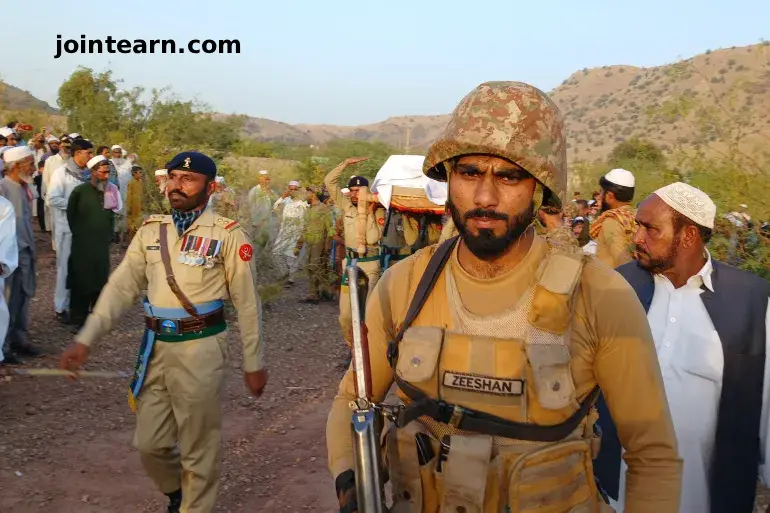
Afghanistan-Pakistan Peace Talks Deadlocked After Three Days in Istanbul
The fragile peace process between Afghanistan and Pakistan has hit a new impasse, as three days of negotiations in Istanbul ended without any significant breakthrough. Despite both delegations maintaining that a fragile ceasefire along their shared border remains in place, hopes for a long-term truce appear uncertain.
Officials from both nations traded blame on Tuesday, accusing one another of obstructing progress during the high-stakes talks mediated by Turkiye and Qatar. The discussions were initiated after deadly cross-border clashes earlier this month reignited tensions that had been simmering since the Taliban seized power in Kabul in 2021.
Talks End Without Resolution
According to Reuters, sources close to both delegations confirmed that the Istanbul meetings concluded late Monday without agreement, though Turkish mediators continued efforts behind the scenes to salvage the process.
Pakistani state broadcaster PTV reported that a “last-ditch effort” was underway to restart dialogue, while Afghan media suggested that negotiators had “temporarily paused” discussions to consult their leadership.
“The delegations are still in Istanbul, and contacts between the two sides have not been cut off,” a senior Pakistani security official told The Associated Press.
The talks aimed to expand on a ceasefire agreement signed in Doha on October 19 by Afghan Defence Minister Mullah Mohammad Yaqoob Mujahid and his Pakistani counterpart Khawaja Muhammad Asif. That truce halted the worst border fighting in years, which left dozens dead on both sides.
TTP Issue at the Heart of the Stalemate
At the center of the deadlock lies Afghanistan’s reluctance to take decisive action against the Tehrik-i-Taliban Pakistan (TTP), a militant group responsible for numerous attacks inside Pakistan.
Islamabad insists that TTP leaders operate freely from Afghan soil, demanding Kabul dismantle their bases and hand over key commanders. However, Afghan negotiators have pushed back, claiming they have “limited influence” over the group’s operations.
A senior Afghan source told Reuters the talks collapsed after “tense exchanges” over the TTP issue. “Kabul has made every effort to hold constructive talks, but the Pakistani side does not seem to have this intention,” RTA, Afghanistan’s state broadcaster, reported.
Meanwhile, Pakistani officials countered that the Afghan delegation’s stance kept shifting under pressure from Taliban leadership. “They had repeatedly agreed to act against terrorism, but their position changed each time,” one negotiator told PTV.
Ceasefire Holds, But Fragile
Despite the breakdown in talks, both sides confirmed the ceasefire remains intact, though skirmishes continue in isolated border regions. Over the weekend, five Pakistani soldiers and 25 fighters were killed in new clashes, according to Pakistan’s military, which described the militants as “Fitna al-Khwarij” — a term used for extremist groups allegedly backed by foreign actors.
Security analysts warn that the ongoing tensions could destabilize border provinces in both countries, especially as al-Qaeda and other regional armed groups seek to exploit the power vacuum.
“The situation is extremely delicate,” said Dr. Ayesha Siddiqa, a South Asia security expert. “Without a credible enforcement mechanism, the ceasefire could unravel quickly.”
International Reactions and Mediation Efforts
The United States and Turkiye have expressed concern over the impasse. US President Donald Trump — who has touted his record in “ending wars” since returning to office — said on Sunday that he intends to “solve the Afghanistan-Pakistan crisis very quickly.”
Turkish officials, meanwhile, are reportedly urging both governments to keep diplomatic channels open. “The peace process is not dead, but it’s in a critical condition,” said a senior Turkish diplomat involved in the mediation efforts.
Regional observers say that a renewed commitment from international actors such as Qatar, China, and Saudi Arabia may be necessary to bring both sides back to the table.


Leave a Reply